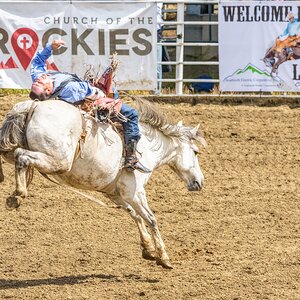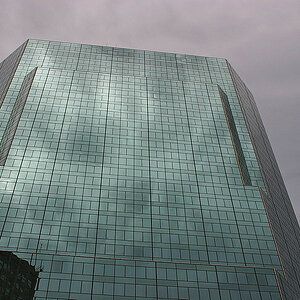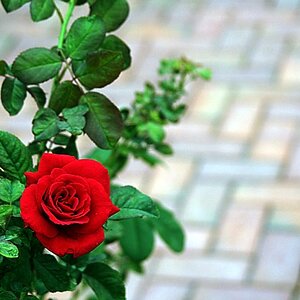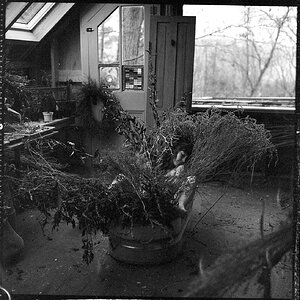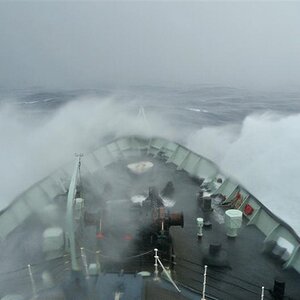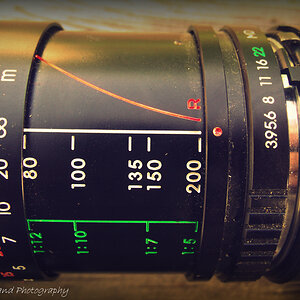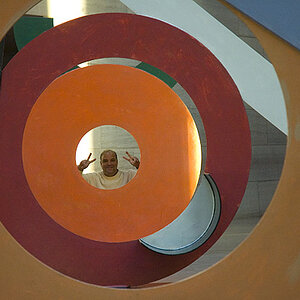kylosius
TPF Noob!
- Joined
- Apr 9, 2010
- Messages
- 1
- Reaction score
- 0
- Location
- south carolina
- Can others edit my Photos
- Photos OK to edit
I'm new here and I tried to find this topic via the search menu and couldn't seem to find it. If this has been covered I'm sorry...
Anyway, just a very simple question, does anybody shoot on film but due to lack of resources (such as no access to a dark room) use a computer to make it just right? Is it a mortal sin to mix these two formats? The most I will do with this is adjust brightness, contrast, and maybe sharpen.
Anyway, just a very simple question, does anybody shoot on film but due to lack of resources (such as no access to a dark room) use a computer to make it just right? Is it a mortal sin to mix these two formats? The most I will do with this is adjust brightness, contrast, and maybe sharpen.


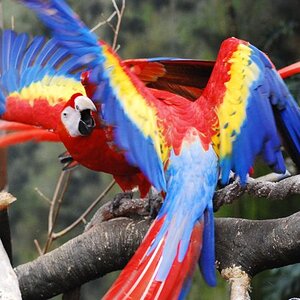
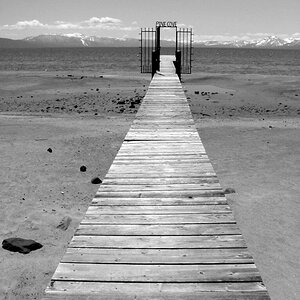
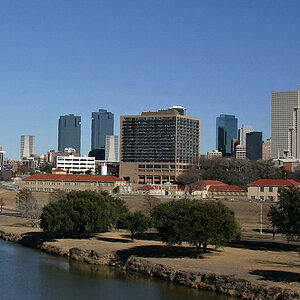
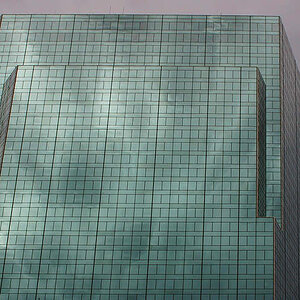
![[No title]](/data/xfmg/thumbnail/42/42256-dce29145f58094ceabbe05c0c8cef7fc.jpg?1619740065)
